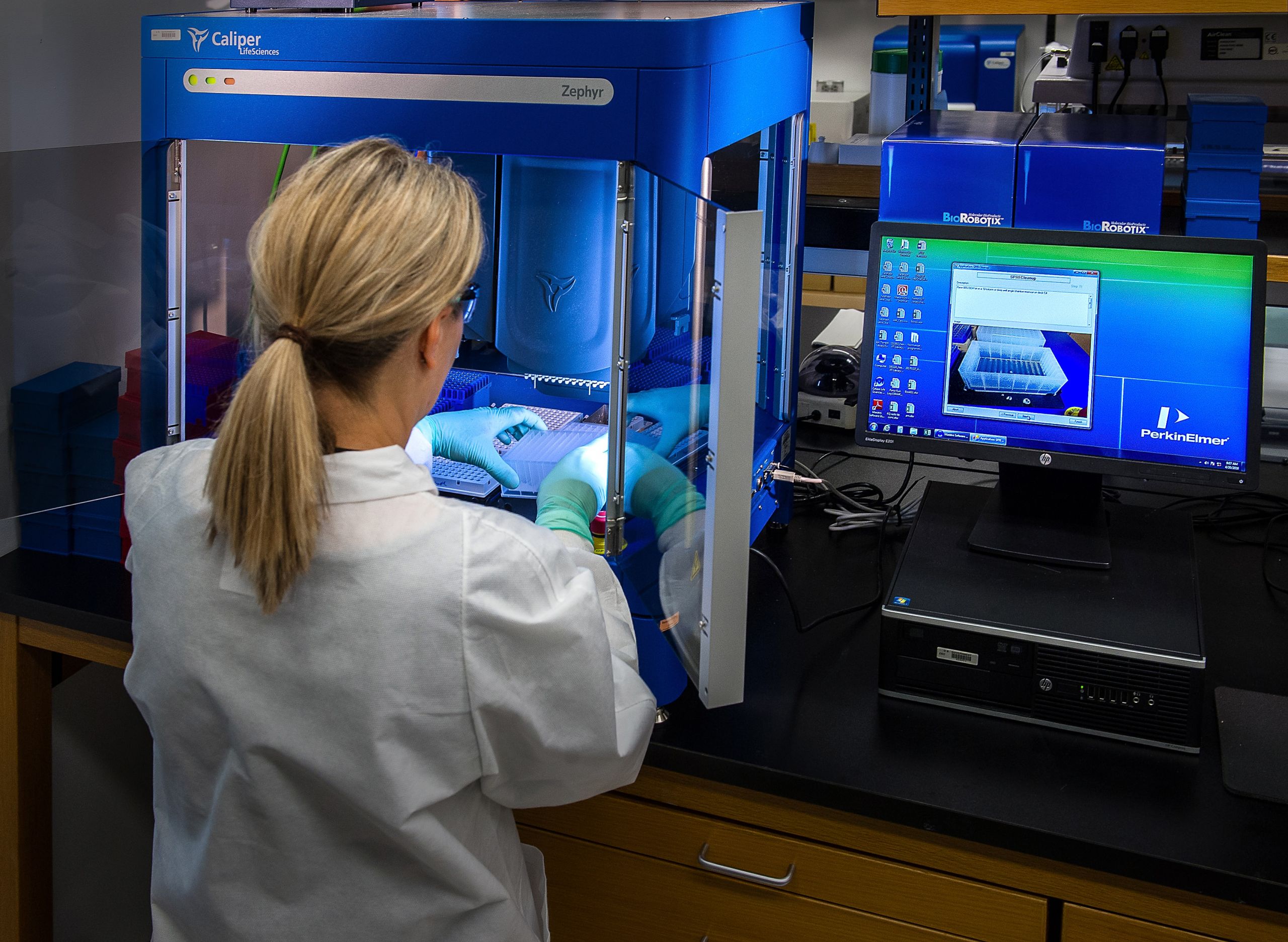The steady growth of cannabis use in medicine, as well as health and wellness treatments in general, has led to an increased demand for cannabis-derived therapies. This growth, in conjunction with the legalization of cannabis, has resulted in more research into the plant’s effects and potential.
However, much of this research is funded by cannabis companies, introducing potential conflicts of interest and a source of bias. When cannabis brands want research results to reflect well on their product, a bias arises that ultimately affects the way investigators evaluate and describe research findings.
Like most businesses that fund research to further their brands’ mission, some cannabis companies have an interest in cannabis research because their teams can utilize the findings to their advantage. After researchers complete their analysis, cannabis companies can easily employ the results of the studies to make evidence-based marketing claims about their product to earn consumer trust.
Major companies like Canopy Growth, for example, have already donated money to fund research that’s conducted by the Canadian Sleep and Circadian Network and Fondation de l’Hôpital du Sacré-Coeur de Montréal.
The Wholistic Research & Education Foundation, an organization founded by Pelin Thorogood and Andy Noorda, who also launched a brand that sells CBD-infused products, provided a generous donation of $740,000 to the University of Utah as well.
All of these donations, however, were exceeded by the $9 million contribution that a cannabis investor awarded Harvard and MIT so that the universities could study how cannabis influences the brain and behavior.
While it’s yet to be determined if any of these donations will lead to biased research results — as not every cannabis company has nefarious intentions — it’s still essential to consider the impact of these contributions. What are the practical consequences of such partnerships?

The downsides to cannabis companies funding research
There are currently no “universal standards” that help control and guide how relationships between scientists and companies should work. Such standards could help limit bias in research studies and ensure that scientific integrity is maintained to the highest degree, but until those guidelines are established, cannabis researchers could find themselves falling victim to a few pitfalls.
For example, when cannabis companies fund research, it often limits potential outcomes that scientists can find. If cannabis brands have disingenuous intentions, they can create conditions in the research study that shed a positive light on their product and generate desired results.
Consequently, the study would lack the academic rigor that would be expected from, and maintained by, an established research body that’s using grants. What’s worse is that cannabis users and the industry would miss out on an opportunity to have research that benefits the entire market and not one particular product.
Another alarming consequence, however, is the potential for “cherry-picking” results. A cannabis brand could fund ten different research trials, nine of which might show underwhelming results, while one provides evidence that supports their product. To make their evidence-based marketing claims, the cannabis company could simply report the successful findings and ignore the nine other studies that do not backup their claims.
This type of bias is not restricted to cannabis research, and these partnerships don’t mean that all cannabis companies that fund research have bad intentions. Many cannabis brands want to support basic research into the effects of cannabis. But to do this job well, research funding should ideally be awarded through specialized grants from unbiased institutions, and the studies should be performed by unbiased researchers with expertise in the field.
Otherwise, a few well-publicized examples of poor research integrity could temporarily harm the reputation of all industry-funded cannabis research until more credible work is done.

Money talks
Knowing all of the potential consequences that could unfold, why are researchers at reputable universities accepting money from cannabis companies? The simple answer is financial. In some fields, external or commercial sources of funding are essential for financing cutting-edge research.
As the cannabis field rapidly grows and evolves, many research groups that want to investigate the physiological effects of cannabis are new and regularly launching. However, they require substantial amounts of seed funding to conduct their research, and such grants are highly competitive, making it immensely difficult for researchers to turn away a source of investment, corporate or otherwise.
In addition, researchers have to convince funding bodies that their research is highly beneficial and necessary. Historically, cannabis research has not been well funded. In 2019, it ranked 237 out of 302 in research categories that were supported by the NIH.
A complex legal landscape confounds this lack of support for cannabis research, even though there are examples in which cannabis studies are backed by large grants and unbiased institutions, such as studies that investigate the effects of cannabis-derived compounds on cultured cancer cells.
Improving research integrity
Until researchers can easily acquire grants, they will likely continue to take donations from cannabis companies. Good researchers who take these contributions will not investigate a cannabis product to help further a brand’s marketing claims. A credible team of researchers will want to prevent biased results regardless of the organization that’s funding them, and accomplishing this goal is not as hard it sounds.
Cannabis researchers should simply follow the best practices in research, such as employing double-blind placebo control trials, testing dose-dependent responses, and using reliable statistical testing.
Ideally, the researchers should also pre-register their study to help improve the integrity of their investigation. This practice will require researchers to state their aims, methods, and experiments before conducting their study and compel them to publish their results regardless of the outcome.

Heeding the call for credible cannabis research
As the cannabis industry grows and more states legalize cannabis, the call for credible research will get louder. More research institutions and programs will launch to study the plant’s therapeutic potential, and while some of the organizations might secure funding from cannabis companies, implementing best research practices will ensure studies yield unbiased results and benefit the industry at large.
However, a national funding effort by organizations like the National Institutes of Health (NIH) and the National Institute of Mental Health (NIMH) will permit researchers to conduct the necessary foundation of basic research and study multivariate, botanical preparations instead of just FDA approved cannabinoid isolates.
The NIH and NIMH have the opportunity to fund cannabis studies that go beyond retrospective analyses, and with the financial support of both organizations, researchers will have a better chance to discover the therapeutic properties of cannabis without compromising their integrity.
- How Cannabis Researchers Can Prevent Biased Results - April 21, 2020
- How DNA Plays a Role in the Effectiveness of Cannabis Oil for Cancer - March 11, 2020


